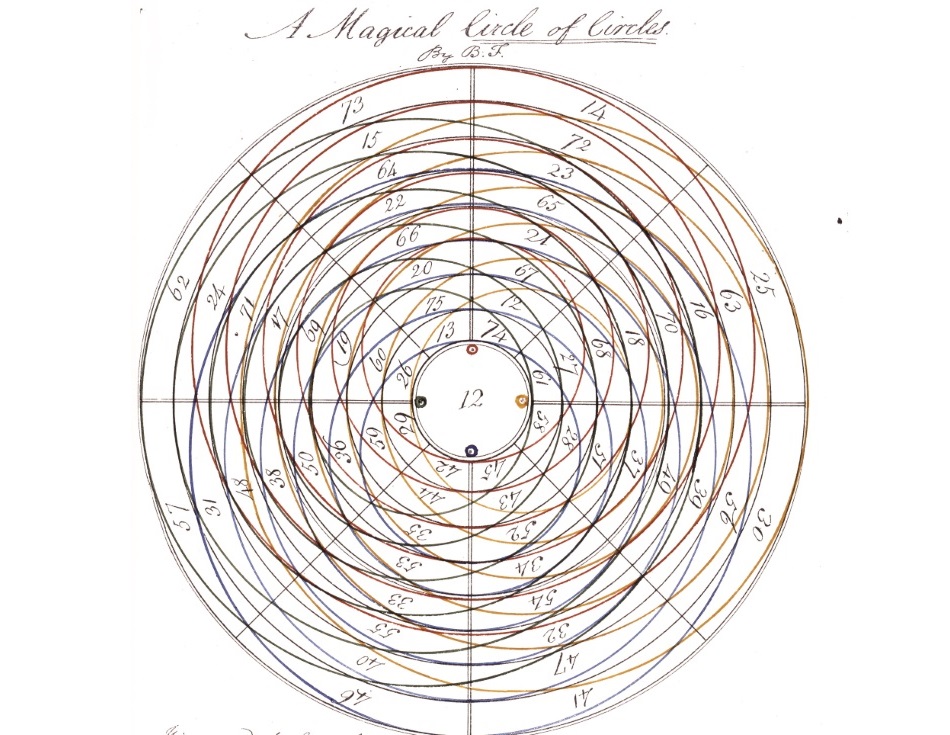
Mathematics education
The Royal Society Advisory Committee on Mathematics Education (ACME) advises the Society on…
Good GCSE qualifications in English and Mathematics are typically required for progression to further and higher education courses and for many areas of employment. However, more than a third of students do not achieve a standard pass (grade 4/C) in GCSE Mathematics at the first attempt. Under the condition of funding, introduced in England from 2014, these students must continue to study mathematics during their post-16 education and are required to resit the GCSE examinations until they achieve a grade 4 or above or else study for a Functional Skills qualification in the subject.
Regrettably, the percentage of GCSE resit students attaining a grade 4 or above has decreased since the condition of funding was introduced, with fewer than a quarter achieving this benchmark by age 18. For the many thousands of young people who leave education without a grade 4 in GCSE Mathematics, their future employment and life opportunities are seriously diminished, with negative knock-on impacts on society and the economy. Furthermore, the 80% increase in the numbers of resit students observed since the introduction of the condition of funding has created considerable stresses on the education system, particularly for educational providers and teachers.
These concerns have led the Royal Society’s Advisory Committee on Mathematics Education (RS ACME) to undertake a programme of work to examine the existing policy on GCSE resits. As a result, RS ACME has compiled two Working Papers:
The Royal Society Advisory Committee on Mathematics Education (ACME) advises the Society on…
The Royal Society Advisory Committee on Mathematics Education (RS ACME) advises the Society on…
Royal Society Advisory Committee on Mathematics Education (ACME) and Joint Mathematical Council…